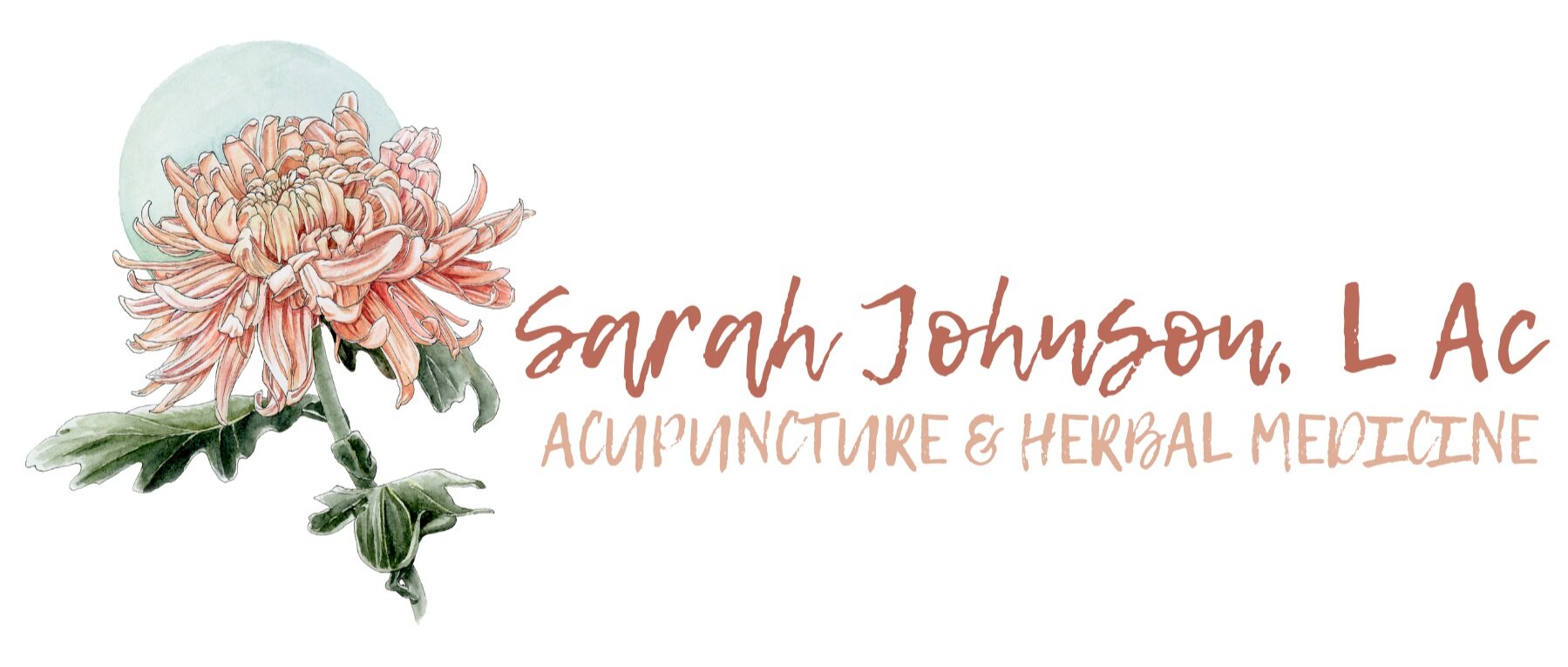How Acupuncture Can Help With Depression
Depression is a common mental health issue that affects people of all ages, gender, race, and background. Grief and sadness are normal human emotions and these feelings will eventually pass. But for many, these problems can become chronic or recurrent, interfering with daily life.
Major depression is a period of overwhelming sadness. It involves a loss of interest in things that used to bring pleasure. Those feelings are usually accompanied by other emotional and physical symptoms which are completely taxing. Anyone who has experienced this knows what this means. According to the World Health Organization (WHO), about 350 million people worldwide suffer from depression and the National Institute of Mental Health (NIMH) estimates that in the US, 6.9% of the population suffered a period of depression in 2012. Fortunately, most people can be effectively treated to get them through these times. Acupuncture can be used along side other forms of treatment such as medication and counseling, and sometimes acupuncture and lifestyle changes can be used independently to help.
There is not a single cause of depression. Brain chemistry, hormones, genetics, life events, and even a lack of sunlight can all contribute to a person's unhappiness. Depression can take different forms, from women suffering from postpartum depression, to someone with bipolar disorder, to the general feeling of inescapable discontent. Traditional Chinese Medicine (TCM) views health a little differently than what we're used to, where the mind and the body aren't single entities. The way a person feels physically and emotionally is treated as a whole.
According to TCM, depression is most commonly associated with the stagnation of Qi energy (pronounced Chee) in the body. Stagnation of Qi can be caused by different things such as a sedentary lifestyle, hormonal or chemical imbalances, or physical injury and can result in pain and discomfort, or feelings of stress, anxiety, or depression. Speaking to the emotional aspect of this, Qi Stagnation is just that; getting stuck in a negative pattern of thinking, acting, or feeling. Qi that moves, however, can act as a positive force, and will help your body move more naturally through emotional times and those feelings of being mentally stuck.
The British Acupuncture Council published some really good information and research on what all this means:
“In general, acupuncture is believed to stimulate the nervous system and cause the release of neurochemical messenger molecules. The resulting biochemical changes influence the body’s homeostatic mechanisms, thus promoting physical and emotional wellbeing.
Studies indicate that acupuncture can have a specific positive effect on depression by altering the brain’s mood chemistry, increasing production of serotonin (Sprott 1998) and endorphins (Wang 2010). Acupuncture may also benefit depression by acting through other neurochemical pathways, including those involving dopamine (Scott 1997), noradrenaline (Han 1986), cortisol (Han 2004) and neuropeptide Y (Pohl 2002).
Stimulation of certain acupuncture points has been shown to affect areas of the brain that are known to reduce sensitivity to pain and stress, as well as promoting relaxation and deactivating the ‘analytical’ brain which is responsible for anxiety and worry (Hui 2010). Stress-induced changes in behaviour and biochemistry may be reversed (Kim 2009).
Some of the most recent research suggests that depression is associated with dysfunction in the way that parts of the resting brain interact with each other (Broyd 2008); acupuncture has been shown to be capable of changing the ‘default mode network’ (Dhond 2007), but the effect goes beyond that of expectation/placebo (Hui 2010).
Acupuncture can be safely combined with conventional medical treatments such as anti-depressants, helping to reduce their side effects and enhance their beneficial effects (Zhang 2007).
Acupuncture treatment can also help resolve physical ailments such as chronic pain (Zhao 2008), which may be a contributing cause of depression. In addition to offering acupuncture and related therapies, acupuncturists will often make suggestions as to dietary and other lifestyle changes that may be helpful in overcoming depression. Finally, people struggling to cope with depression usually find that coming to see a supportive therapist on a regular basis is helpful in itself.”
Whatever your case may be, acupuncture could be the tool in moving you towards where you want and need to be. I can speak from personal experience as a practitioner and also as a patient. If you need more resources in dealing with depression, stress, or anxiety they are near you and please feel free to call or email me if you want to explore acupuncture as one of them.
617-308-6620 sarahjohnson987@gmail.com



